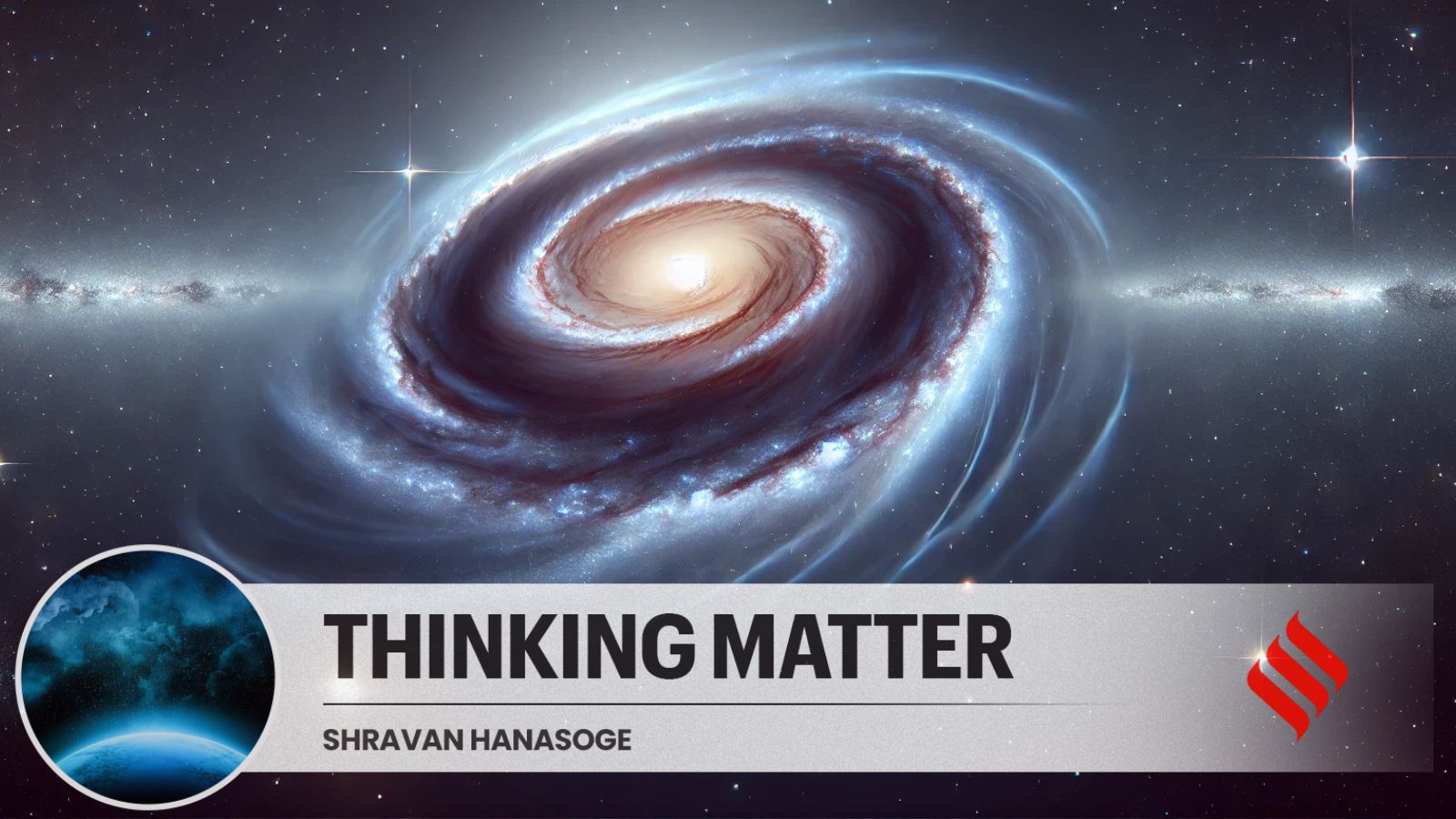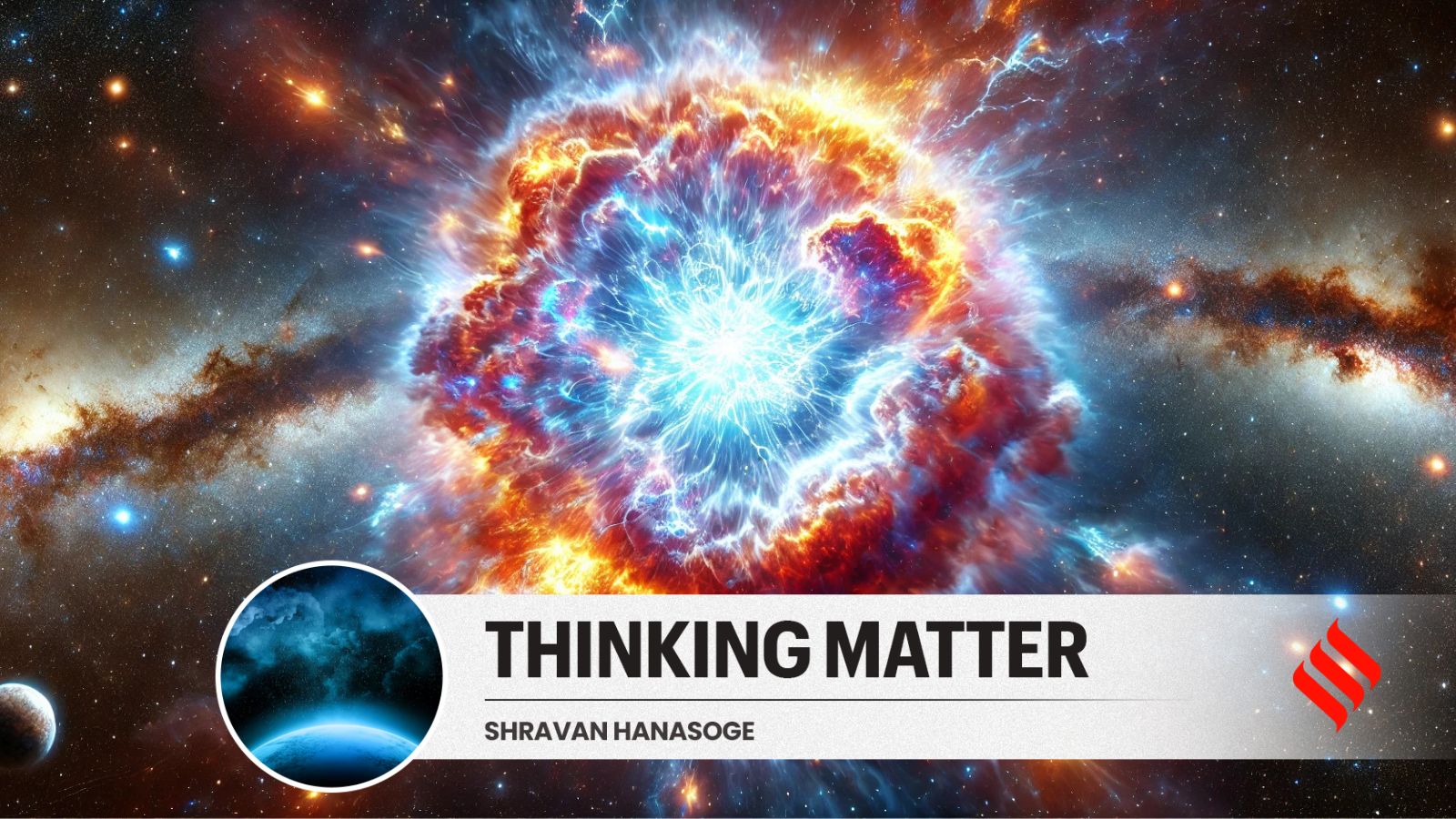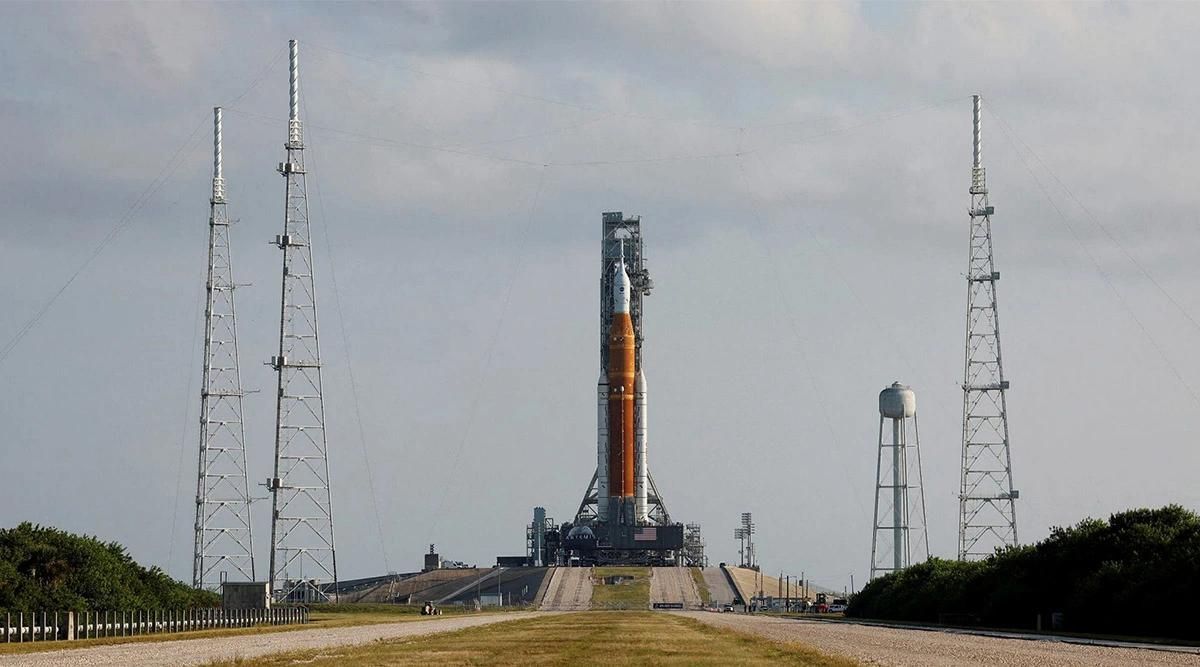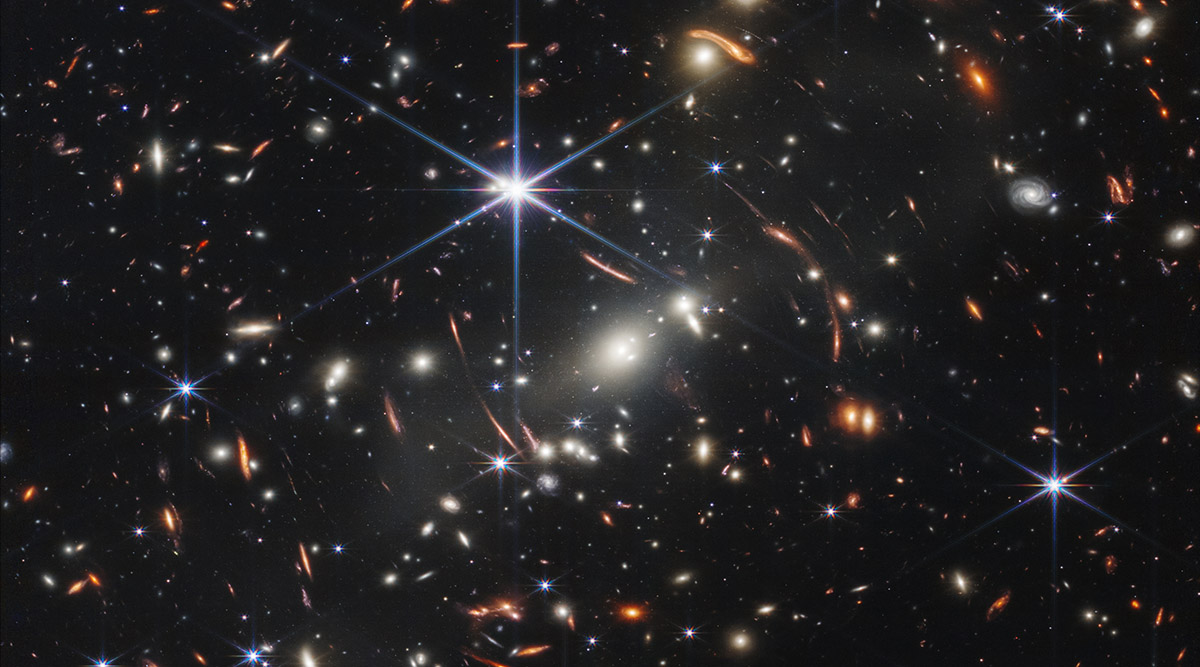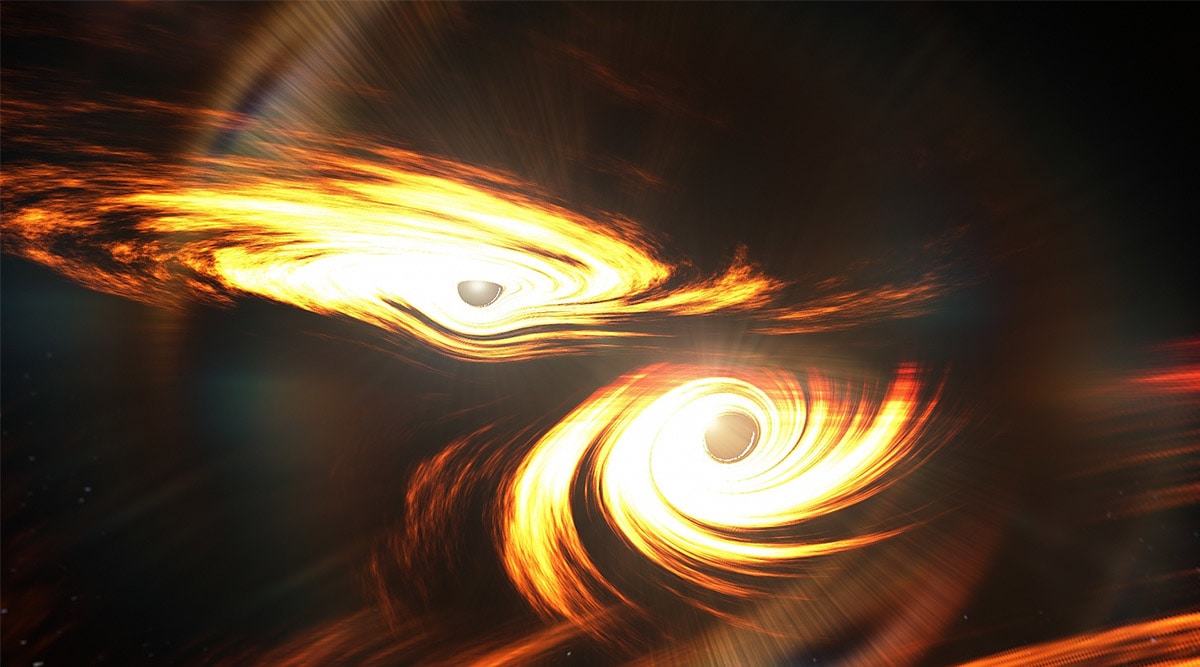Dark matter mystery: Why there is no light yet after decades of search
In 1933, Swiss astrophysicist Fritz Zwicky was observing the Coma Cluster — a massive congregation of galaxies about 300 million light-years away — when he noticed something odd. The galaxies were swirling around each other far too fast. According to the visible matter in the cluster, they should have flown apart long ago. “There must […]
Continue Reading

